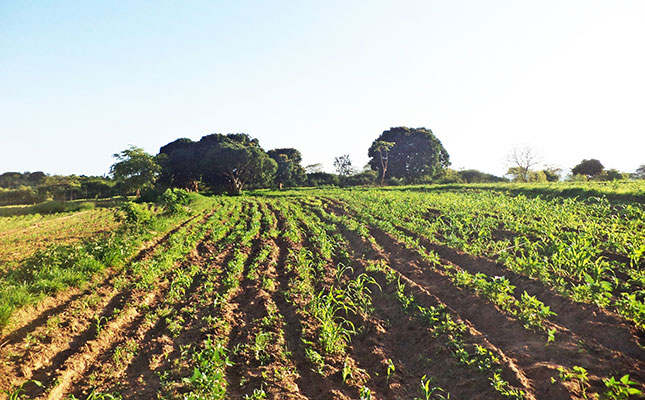
As a producer of food, Africa doesn’t lack potential. It has the largest area of undeveloped arable land in the world.
Crop yields, which are still far below global averages, can also improve to provide more food without the need for more land.
READ COVID-19 ‘perfect storm’ for African food security
There is no shortage of labour. Water, although scarce in some regions, can be utilised far more efficiently if other technologies are implemented.
What Africa does seem to lack, however, is purpose and a plan. Two reports published during the last two months provide a rather grim view of the continent’s progress thus far in addressing its food, farming and poverty problems.
The ‘State of food security and nutrition in the world 2020’ report, published by the Food and Agriculture Organization (FAO) of the United Nations, states that the prevalence of undernourishment in Africa increased from 17,6% of the population in 2014 to 19,1% in 2019.
In addition, according to this report, in terms of the outlook for 2030, if recent rates of increase persist, Africa’s prevalence of undernourishment as a share of its total population will rise to 25,7%.
This means that, if nothing changes, we will face a situation in which one out of every four people on the continent will not have enough food to eat.
The likelihood of this awful situation unfolding is high, judging by the information presented in the latest 10-year agricultural outlook, which was published in July by the Organisation for Economic Co-operation and Development and the FAO.
According to this report, sub-Saharan Africa’s self-sufficiency in major food commodities is decreasing as the region’s population is expanding quickly, beyond the pace of growth in domestic supply.
Even though calorie intake/person/day will reach around 2 510kcal/capita/day in 2029, the global world average will be around 3 014 kcal/person/day.
In addition, the region’s trade deficit in major food items is anticipated to widen because the increase in agricultural output and exports will fail to keep up with population growth, and the resultant increase in food consumption and imports.
Evaluated at constant global reference prices, the deficit is anticipated to grow from about US$18 billion (R298 billion) to US$31 billion (R514 billion) by 2029.
The report says that as a result of the African Continental Free Trade Agreement signed in 2019, tariffs will be reduced to zero on 90% of products originating in signature countries by 2020, and on 97% of products by 2030, which will help increase intra-African trade of agricultural and food products by between 20% and 35%.
However, high non-tariff barriers, such as the high cost of road transportation, which emanates from poor infrastructure, as well as inefficiencies at border posts, will dampen the impact of the agreement.
The answer is not simple, but it is clear. Africa needs better leaders!










